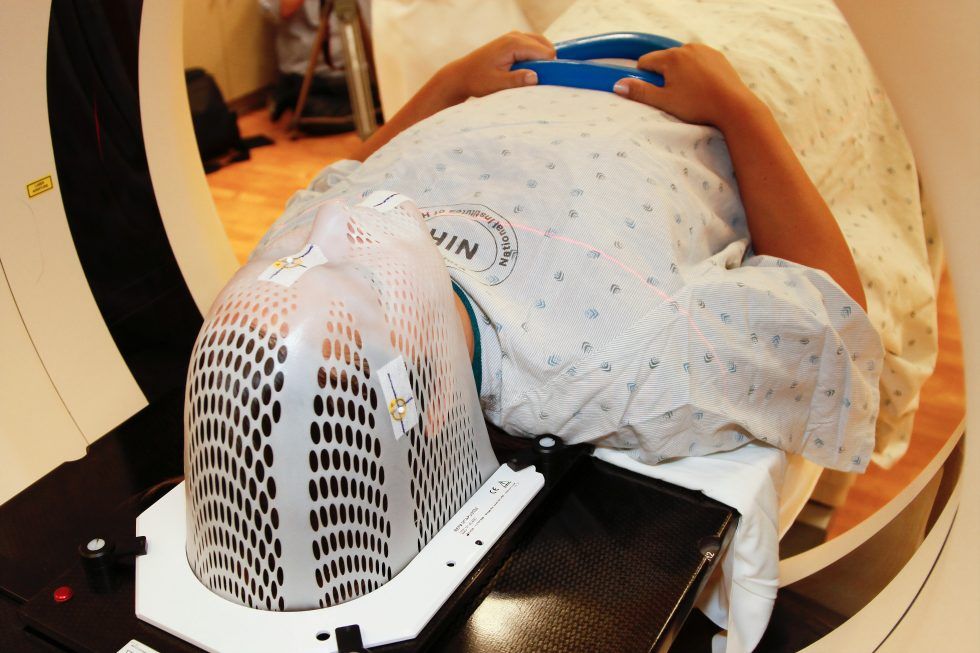How to Help People with a TBI Use Support Tools
How to Help People with a TBI Use Support Tools
No matter how serious a traumatic brain injury may be, certain cognitive challenges and issues will arise as a result. Memory loss may occur, difficulty with performing routine tasks may be encountered, and it may be impossible to adhere to any type of organization or structure. These are just a few of the difficulties that may be encountered. Thankfully, there are some great technological tools available to help victims of TBI better cope with these cognitive challenges. The key is to help your loved one find these tools, learn how to use them, and feel comfortable utilizing the help.
Find the Proper Tool
It is first important to determine the correct tool to use. Such tools can be expensive and they can take some time to learn. You do not want to cause frustration on the part of the person with a TBI by asking them to learn something that they cannot make use of.
Here are a few things to keep in mind as you begin your quest:
- Make sure the tool meets the needs of the family – It is important that the tool you use be useful for the entire family. If you could just as easily accomplish what needs to be done, then there would be no need for the tool in the first place. The key is to make life easier for both the individual with a TBI and the rest of the family.
- Does the user have the skill to master the tool – Some tools can be quite difficult to master. Your loved one should not feel frustrated at not being to use the tool as it was intended, so make sure that he or she has the necessary skill set before you encourage them to use such a tool.
- Is it in the budget – Finances can be quite tight after a TBI. It is important to get the tools that you need, but you do not want to break the bank doing it. Keep in mind that many tools are free or available for a very low cost. Start there and then work your way up if necessary and the funds are available.
- Is it portable – Some tools are designed to be used in only one location, while others need to go with the individual. If the tool is portable, make sure you can easily take it with you wherever you need to go.
These are just a few of the items that you will want to consider before buying an assistive tool for an individual with a TBI. Remember that such tools are meant to be an asset and not a liability. Ensuring that you choose the right tool is key in making this happen.
Teaching How to Use the Tool
When you get ready to teach some with a TBI how to use an assistive tool, it is first important to learn how to use it yourself. You want to become a master at the tool and then you can help your loved one to do the same. Write down some simple steps that you and the individual learning tool can use.
It is important to teach with a gentle spirit. Take your time. Allow the person to practice and make mistakes. Depending on how complex the tool is, remember to take some breaks and then resume practice when everyone involved is rested. After you have taught the individual you care about how to use the tool, practice using it in real-life situations. Make sure the person is comfortable using it on their own and that it benefits in the way it was intended.
Wrap-Up
Support tools can be a great help to an individual with a brain injury. However, it is important to use them as they were intended and to ensure that they are genuinely helping the person and not hindering them. As a person begins to recover from their injury, you may need to help them lessen their dependence on such tools. Keep that in mind as you go through this process.
Recent Posts
- Proving Eligibility: Securing Worker’s Compensation After a Traumatic Brain Injury
- Navigating Life after Traumatic Brain Injury: Effective Symptom Management Strategies
- Navigating the Academic Journey: A Guide for Military Veterans with Traumatic Brain Injuries
- Protecting Developing Brains: Tips for Preventing Traumatic Brain Injuries in Children
- Students with TBI and the Education Process
The post How to Help People with a TBI Use Support Tools appeared first on Flourish Supportive Living Assisted Living for Brain Injury.














